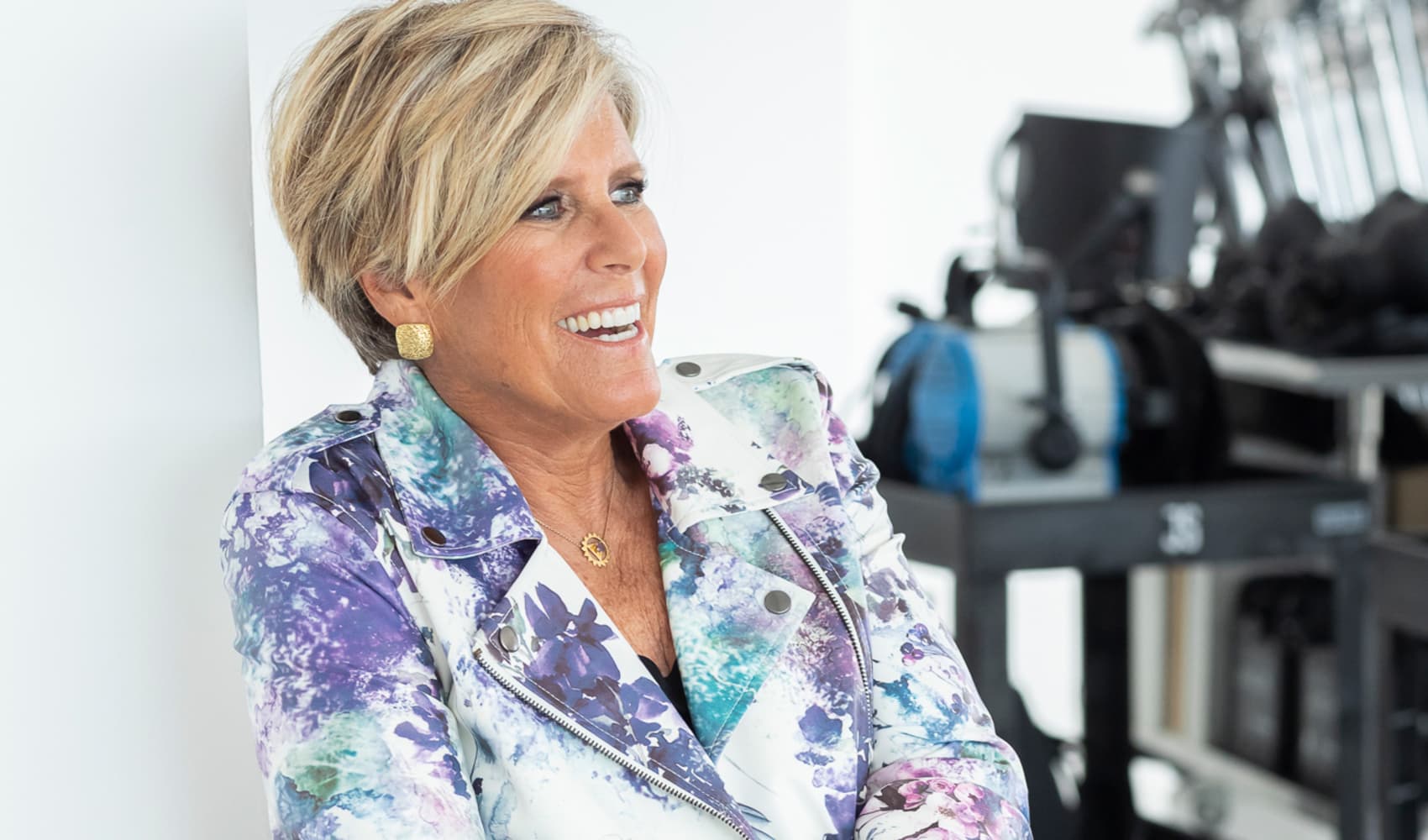
- The FDA said it will need more time to complete its review of e-cigarette products sold in the U.S.
- The agency said Thursday afternoon that it has made decisions on more than 90% of the new tobacco products that were submitted for review.
- A court mandate created a timeline for the agency to review vaping products and decide if they are in the interest of public health.
The Food and Drug Administration said it will need more time to complete its review of e-cigarette products sold in the United States.
The agency has made decisions on more than 90% of the new tobacco products that were submitted. It has had a year to judge if those products were in the interest of public health, analyzing if they were effective in helping smokers quit and if that outweighed introducing new users, including teenagers, to e-cigarettes.
Earlier on Thursday, the Wall Street Journal reported the FDA would seek more time before deciding whether Juul can continue to sell its e-cigarettes in the U.S.
Get top local stories in Philly delivered to you every morning. >Sign up for NBC Philadelphia's News Headlines newsletter.
A court mandate created a timeline for the agency to review vaping products, following years of pressure from politicians and public health groups to regulate the segment as strictly as other tobacco products. The deadline for the agency's review was Thursday. If an application hasn't been approved or denied by then, the products have to be pulled from the U.S. market until the FDA makes its decision. The FDA said Thursday afternoon that it has made "significant progress" in reviewing roughly 6.5 million product applications from about 500 companies.
"The FDA's opaque review process was intentionally designed to eliminate all but the largest players from the market," American Vaping Association President Gregory Conley said in a statement. "We look forward to lending our support to future court challenges."
Prior to Thursday, the FDA said it would fast-track decisions for market leaders such as Juul but that it didn't expect to make decisions on all of the millions of product applications by the deadline.
Money Report
In late August, it denied 55,000 applications from smaller players such as JD Nova Group and Great American Vapes for their flavored vape products. Flavored e-cigarettes have been the focus of many public health groups' ire because of concerns about underage use. According to vaping trade groups, the agency issued more denials on Wednesday.
"Lots of very good people who I respect deeply and who helped thousands of smokers quit, got told by our government that their products were illegal," tweeted Amanda Wheeler, president of the American Vapor Manufacturers Association.
The FDA gained the power to regulate new tobacco products in 2009. Over the last decade, thousands of e-cigarettes appeared on store shelves without any approval from the agency, which allowed the sale of those products as it phased in standards for the burgeoning industry.
Juul has been the market leader in e-cigarettes since 2018, according to Euromonitor International. As of 2020, the company held 54.7% share of the $9.38 billion U.S. e-cigarette market. Juul sought approval from the FDA for its vaping device and tobacco- and menthol-flavored pods, which are available at 5% and 3% nicotine strengths.
"We respect the central role of the FDA and the required thorough science- and evidence-based review of our applications, which is key to advancing harm reduction and earning a license to operate," a Juul Labs spokesperson said in a statement to CNBC. "We remain committed to transitioning adult smokers away from combustible cigarettes while combating underage use."
If the FDA denies Juul's applications, it would deal a hefty blow to the company. Its international expansion efforts have been hamstrung by regulators and a lack of consumer interest, and the U.S. remains its largest market. It will likely also hurt Juul's defense in U.S. courts as it faces lawsuits from 13 states and the District of Columbia over allegations that it marketed its products to minors and played a major role in the vaping epidemic. It has already settled with North Carolina for $40 million.
In 2019, Juul pulled its most of its flavored nicotine pods from shelves, discontinuing fruit, creme, mango and cucumber flavors. Shortly after, the FDA banned the sale of most fruit- and mint-flavored nicotine e-cigarettes. Juul says that its target customers are adult smokers who use its e-cigarettes to quit smoking traditional tobacco cigarettes.
Marlboro owner Altria bought a 35% stake in the company for $12.8 billion in late 2018. However, Altria has slashed the value of the investment as Juul and the broader e-cigarette industry became embroiled in controversy. As of September 2020, Altria valued its stake at $1.6 billion, an eighth of its original investment, and Juul at under $5 billion.
Altria's stock was down less than 1% in morning trading, while shares of British American Tobacco, which makes Juul rival Vuse, were down 1.7%. The FDA has not publicly issued a judgment on Vuse yet either.
Reynolds American, a subsidiary of British American Tobacco, did not immediately respond to CNBC's request for comment.






